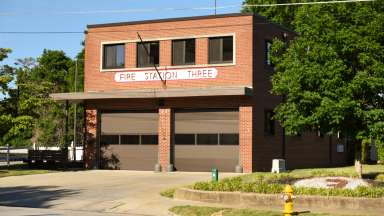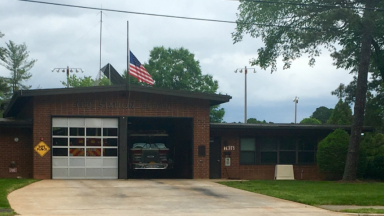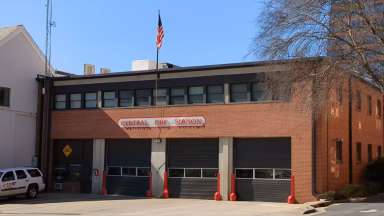The need for mental health services is increasing around the country. The Raleigh Police Department, like its counterparts across the United States, plays an important role in trying to help residents dealing with mental health challenges. Here are some specific initiatives in which the Raleigh Police Department is involved.
Embed Mental Health Professionals with First Responders
Recently, the Raleigh Police Department established the Addressing Crises through Outreach, Referrals, Networking, and Service (ACORNS) Unit. The ACORNS team assists officers on calls involving those in need of mental health intervention. The team connects individuals and/or their families experiencing homelessness or suffering with substance abuse with referral services to an agency within the Wake Continuum of Care or other community partner that may provide housing assistance, food assistance, counseling services, medical treatments, or other services.
The ACORNS team does not provide diagnoses, counseling services, or healthcare. There are several community partners that already offer these services and the ACORNS team connects individuals and their families to them. The team also performs continual follow-up to minimize repeat interactions with law enforcement.
Expand Crisis Intervention Training
The Raleigh Police Department believes that the Crisis Intervention Team (CIT) training is a valuable resource. As of February 2022, 420 officers in the Raleigh Police Department are CIT-certified. These officers are the most likely to encounter an individual experiencing crisis. The majority serve in the patrol and field operations sections of the department.
All recruits attending the Raleigh Police Academy receive CIT training before graduating. The department is also exploring the opportunity to provide the "CIT Essentials: A Care Control Model of De-Escalation & Safe Restraint" course to all department personnel. The course follows a best-practices model for law enforcement, firefighters, and EMS personnel.
In 2017, RPD trained all staff, both sworn and civilian, in mental health first aid. The department will continue to explore such opportunities.



